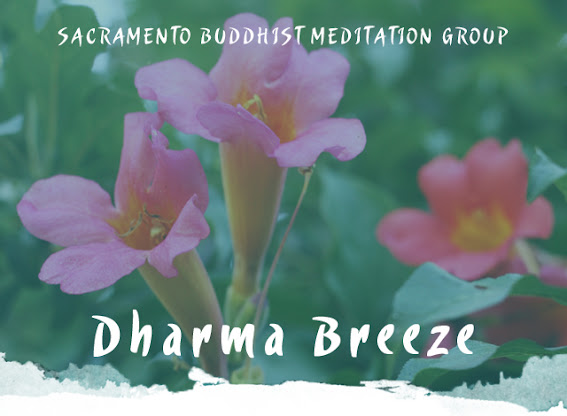Wednesday, June 1, 2022
A
Koan
Today,
In
waiting for a bus
A
policeman stopped in his car
And
asked me for directions.
In writing
this down it looked rather koanish, or maybe a semi-koan?
When I got home… there was an email link reminding me of this talk (I
missed it yesterday but knew I could retrieve later), so I tuned in:
Awakening with Koans: A Conversation with Joan
Sutherland Roshi
During Roshi Sutherland’s talk, I looked at my notes…
and just laughed.
As besides enjoying the moment earlier in giving the off
duty, but uniformed policeman directions, to the music store. The music store
is up above the bus stop, like WAY above… next to the Café de Chocolate. I was
waiting for the bus in Pilar on the
corner near Lulu’s and the OuroPretano
Cevejeria, after going to the corrieos
and getting a haircut.
I loved how the policeman, rolled to a stop, asked this
foreign guy waiting for the bus for directions, thanked me and drove on. I
liked how the ladies – the kind that clean houses or work in pousadas and meet
up at the bus stop on their way home, like the ladies in ICEB at 4pm, began chatting
with me as we waited for the bus up the
hill, no one asked where I was from… no funny faces, nada… nice!
This was after
another opportunity to practice in the Corrieos… where there was a long line, no one was masked, and when I
asked the young lady texting behind me who was coughing, if she might give me some space, she moved closer to me with a snarl… I wanted
to growl back, but instead I moved a bit out of line, she tried moving into my space, but I held my ground. I
was tempted to pull rank and use my idoso status and jump ahead, but when I am
not exactly in a hurry, and well it seems wrong… those folks that are working and
need a break, often end up getting stranded in line as seniors get to jump the line. It
seems backward, the folks with time
might wait a bit and let those that need to get to work get in and out.
Besides, I have my 4th vax, and am religiously masking my old man's sit upon... but I digress.
Dhukka… breathe in, breathe out. And I did, when I got
to the desk… I asked the lady if she had
sent anything to México today.
“Não”
The person next to me at the window looked over and
said, “Legal (cool)”.
We all laughed, suddenly one of the street beggars came
in, shoved me aside, and told her he needed 6 reais for lunch and that she had only given him 5…
I moved over, she fished out more troco,
gave it to him and he left. I looked at her, she looked at me, and we smiled. We all have our designated beggars now, that things are a bit harsh for some here.
She got my certified signature pages I needed to send to
MXDF off to the folks in a masters defense I was in a few weeks ago, and as I left she shouted, “Muito obrigado Daniel!”. People are nice
here.
My frustration with the mean girl evaporated, I went
to the street… It was beautiful, and I thought… “Self, you earned a haircut”. So I
called Lulu, after a lovely walk down to Pilar and Lulu’s he fixed me up, and
there I was, waiting for the bus.
And so dear readers, that is how I ended up
with my own semi-koan, with a dollop of Joan.
Here it is again:
Today,
In
waiting for a bus
A
policeman stopped in his car
And
asked me for directions.
Yep, it’s that good here.














